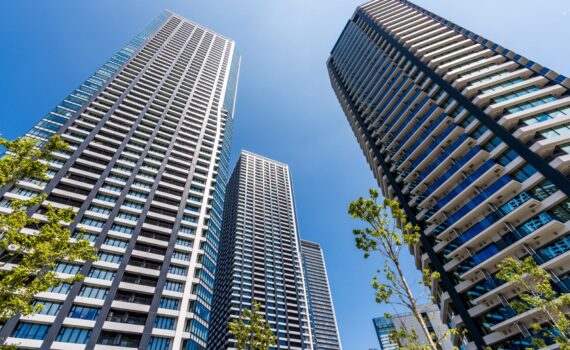
5 Real Estate Trends to Watch in 2020
Category : Real Estate Agency
Real estate is at a crossroads due to Brexit, climate change, and concerns about corporate social responsibility.
Companies today are increasingly being forced to rethink old business models and antiquated workplaces in order to develop new methods of working – and driving growth – that not only enhance employee productivity and engagement but also support the environment and offer value to communities.
Investors are increasingly looking into new real estate industries that can provide both high returns and novel solutions to the enormous issues that fast urbanising and ageing societies face. From city warehousing to new urban living patterns, emerging themes will gain traction in 2020. Meanwhile, landlords are spending more time curating buildings to create dynamic, amenity-filled places.
So, what does all of this mean for the UK property market in 2020? Here are our thoughts on some of the main trends to watch out for in the coming year:
1: Growing pace of urbanisation
According to Jon Neale, head of UK Research, urbanization is not slowing down. “By 2025, we estimate an additional 2.5 million people to live in UK city centers.
“As these urban populations grow, so will the demand for housing, retail, entertainment, warehouses, and office space. As competition for space heats up, real estate will need to adapt, whether that means offering flexible workspaces or multi-story warehouses.”
City-center job growth will most likely be concentrated in the technology and service industries, with businesses competing to attract the qualified workforces they require to prosper. Sectors such as life sciences are taking notice as well; they understand that this increasingly entails locating in urban innovation clusters that provide coworking spaces to stimulate cooperation.
2: Adopting a more sustainable point of view
Climate change is a top priority, with the UK government pledging to achieve net-zero carbon emissions by 2050. The emphasis will be on charting the path forward to ensuring that buildings and operations fulfill ambitious net-zero carbon targets.
Companies will also be more concerned with their social influence in their decision-making. For example, air pollution will become a major factor for both firms seeking new locations and workers deciding where to reside. In 2020, there are a few real estate trends to keep an eye on in Karaikudi.
3: An office is no longer just somewhere to work
In 2020, changing work methods will continue to change traditional office settings. Landlords are becoming more aware of the need to build people-centric places and are spending more time ensuring they have the correct mix of tenants and facilities, especially when leases are getting shorter and tenant demands are rising.
New applications, such as bike storage and electric car charging, are being added to the mix. Meanwhile, in-house cafes and restaurants that serve a choice of healthful and high-quality cuisine are delivering the hospitality services that today’s employees expect.
Building design and management will also become more health and wellness-oriented. Creating well-designed workplaces with appropriate lighting and heating systems, as well as quiet locations away from the hustle and bustle of open-plan offices, may all help enhance employee productivity and engagement.
4: Growth of new urban housing solutions
New urban living solutions will be required as more people move to cities. According to Neale, the Build-to-Rent business would expand rapidly in 2020.
“As urban life becomes more expensive, the benefits of renting rather than owning a property become more obvious in these city locations,” he adds.
Co-living providers are projected to relocate outside of London to other urban areas, and retirement living programmes that provide amenities and care as needed are expected to expand.
5: Technology becomes more integrated
As digital solutions gain traction, organizations will invest extensively in technology and data in 2020. “Investment in technology will be focused on improving the day-to-day employee experience,” adds Neale.
This could range from sensor-based lighting systems to the use of workplace apps to schedule meeting rooms. Such qualities can also benefit a company’s sustainability goals as well as its profitability. “Crucially,” Neale argues, “these modifications will also yield performance or efficiency benefits.”